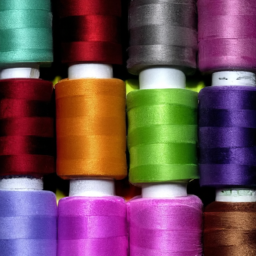

Introduction
Sewing threads play a crucial role in the world of sewing and fashion. They are the literal backbone of any stitched masterpiece. Whether you are an experienced sewist or just starting your journey into this captivating craft, understanding the different types and uses of sewing threads is essential for achieving professional results in your projects.
The Different Types of Sewing Threads
1. Polyester thread: This type of thread is widely used for various sewing projects due to its durability, flexibility, and resistance to shrinking. It is suitable for both hand and machine sewing.
2. Cotton thread: Ideal for natural fabrics like cotton and linen, cotton thread offers excellent strength and sewability. It provides a beautiful and seamless finish for quilting and embroidery projects.
3. Silk thread: Known for its luxurious appeal, silk thread is delicate, fine, and perfect for delicate fabrics such as silk and satin. It adds a touch of elegance to your creations but requires careful handling.
4. Nylon thread: With exceptional strength and elasticity, nylon thread is perfect for sewing heavyweight fabrics, upholstery, and leather. Its water-resistant properties make it suitable for outdoor and marine applications as well.
5. Metallic thread: If you want to add a sparkling touch to your designs, metallic threads are your go-to choice. Made from materials like polyester, aluminum, or real metal, they create dazzling effects but require a special needle and careful handling to prevent breakage.
Choosing the Right Sewing Thread
When selecting the right sewing thread for your project, consider the fabric type, the desired aesthetic, and the level of stress placed on the seams. Take into account the weight, color, and composition of the fabric, and match it accordingly with a suitable thread. Always opt for high-quality thread to ensure longevity and strength in your stitches.
Conclusion
Sewing threads are an integral part of any sewing project. Understanding the different types of threads and their uses is vital in achieving professional and long-lasting results. Whether you are embellishing a garment, creating intricate embroidery, or assembling heavyweight materials, the right choice of thread will make all the difference in your sewing endeavors.
So, next time you sit down at your sewing machine or pick up a needle and thread, remember the importance of choosing the appropriate sewing thread to bring your creative ideas to life!
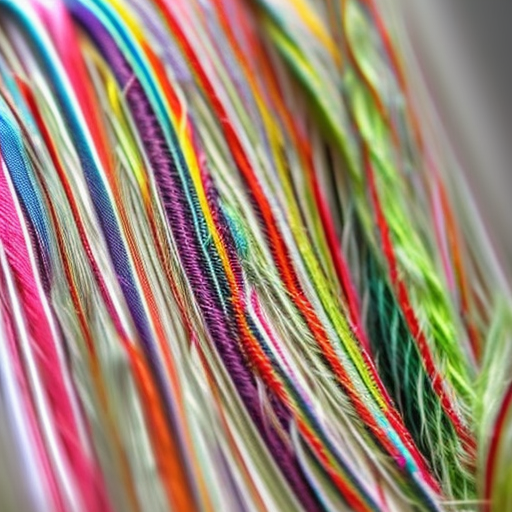
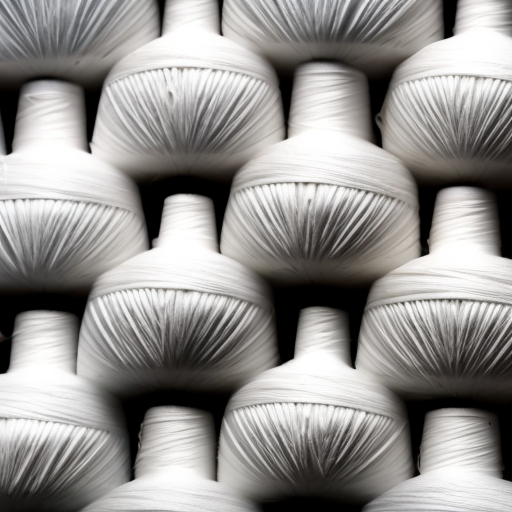
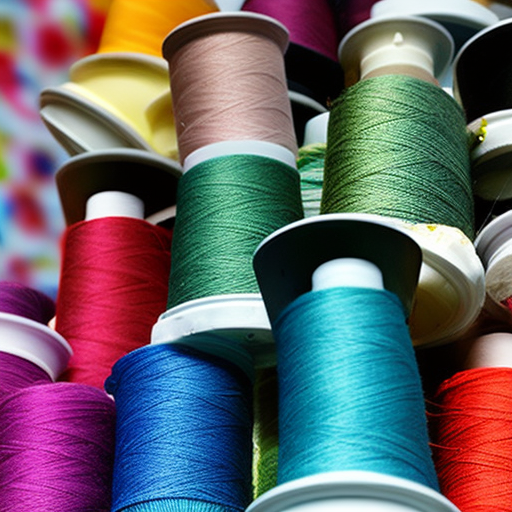
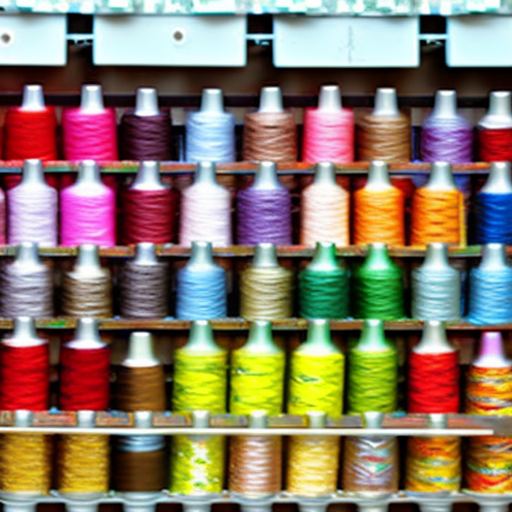
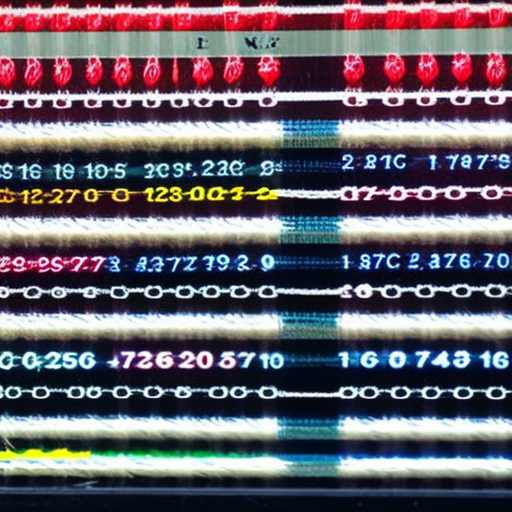
Great info! Thanks for sharing this helpful article on understanding the different types of sewing threads and when to use them!
Whether you’re beginners in the craft or an experienced sewer, this article will guide you on the many thread choices there are!
What a great read! This article does a great job in breaking down the basics of sewing thread to offer a comprehensive guide for beginners and experienced sewers alike!
This is must-have knowledge for anyone into sewing! Super helpful article, thank you for writing it.